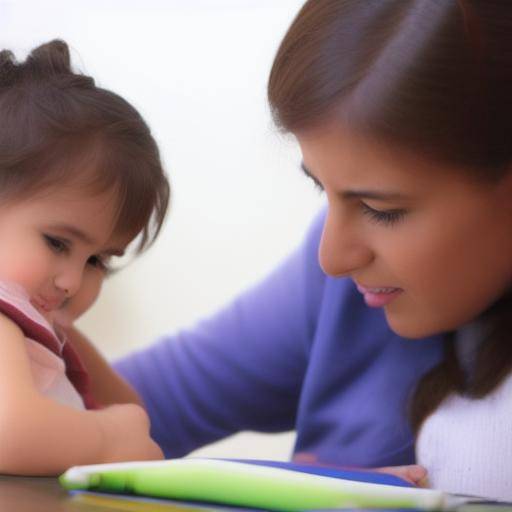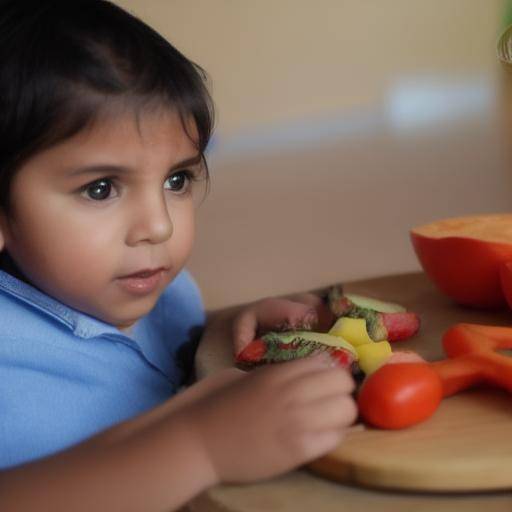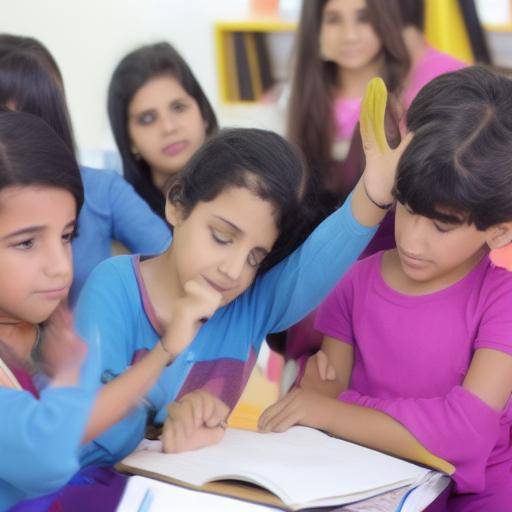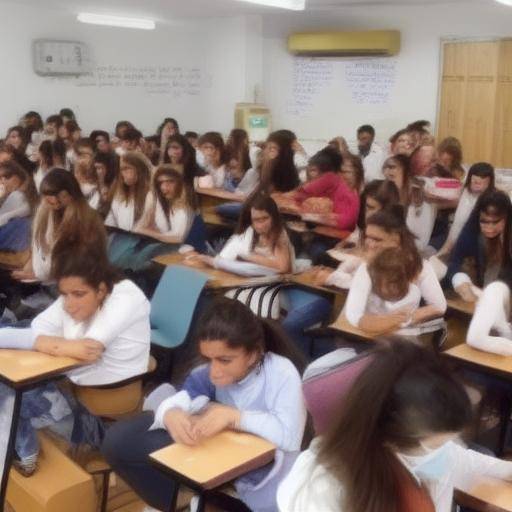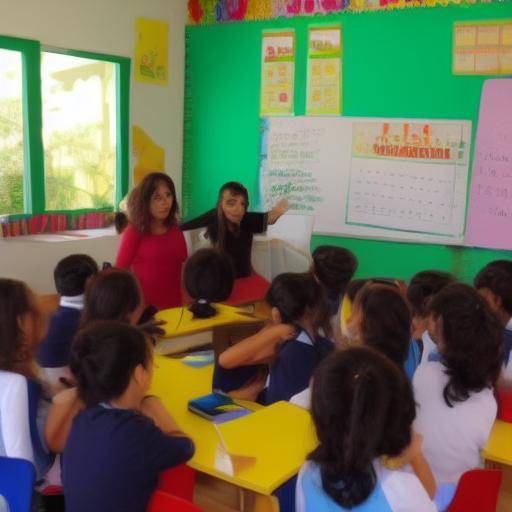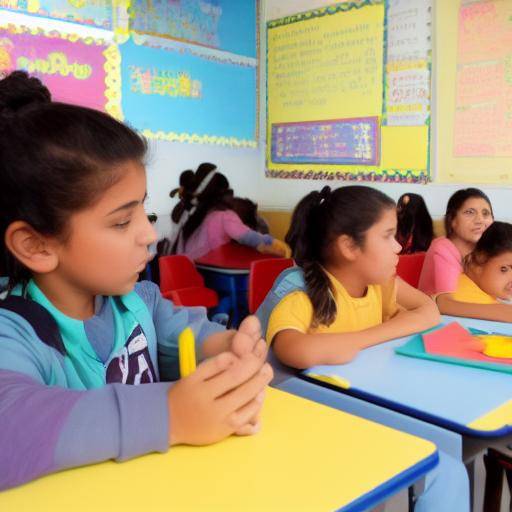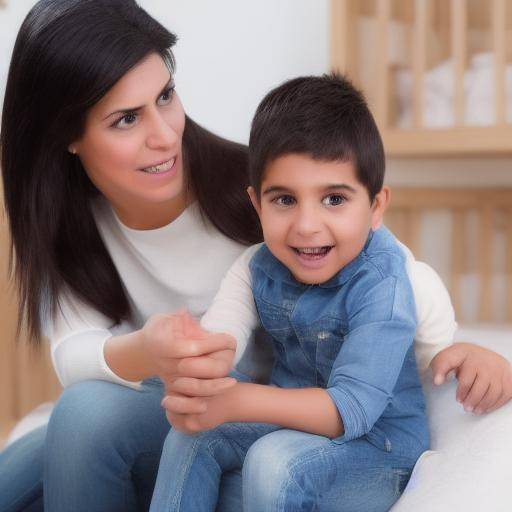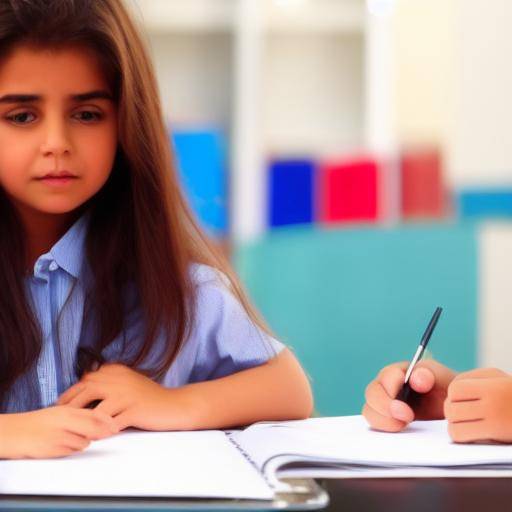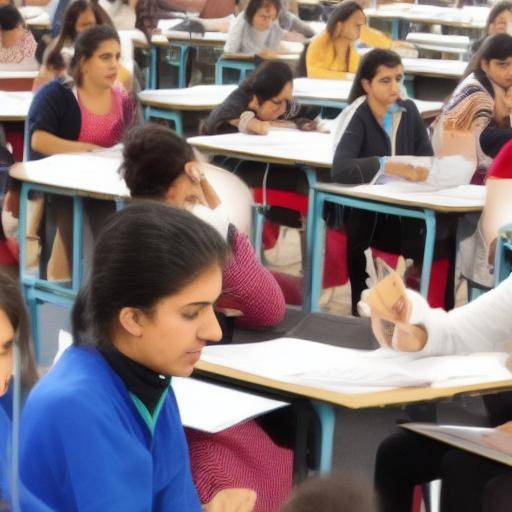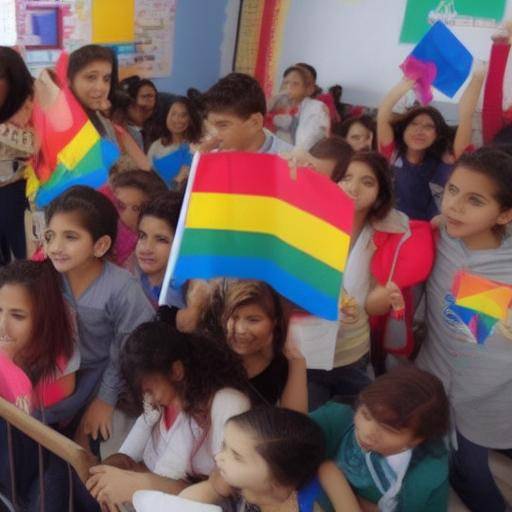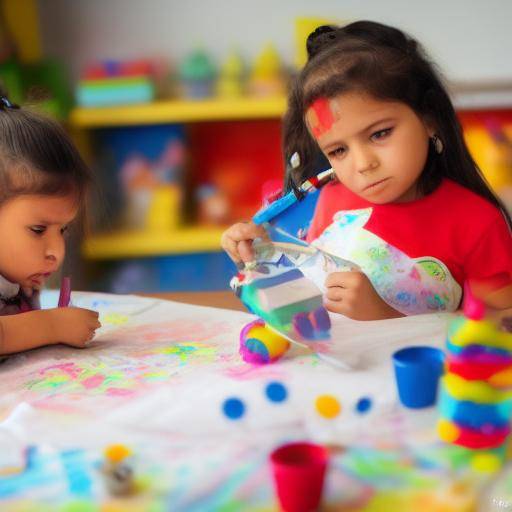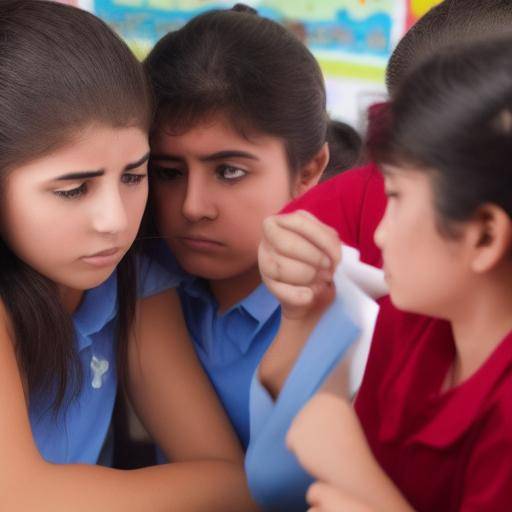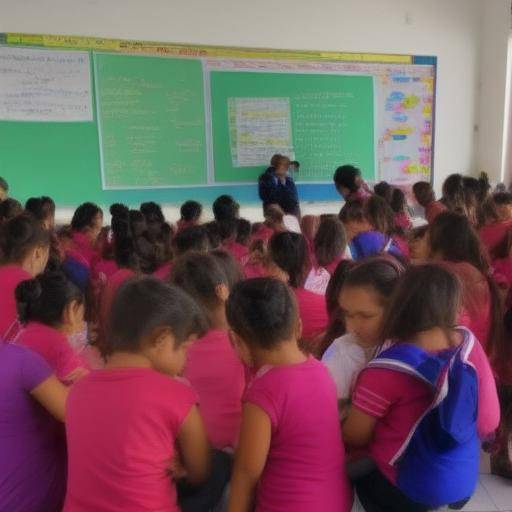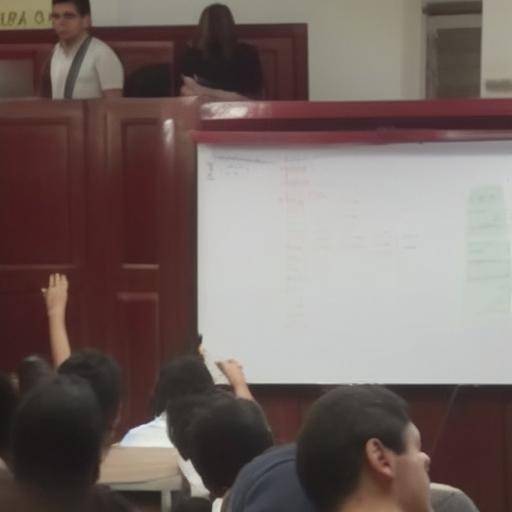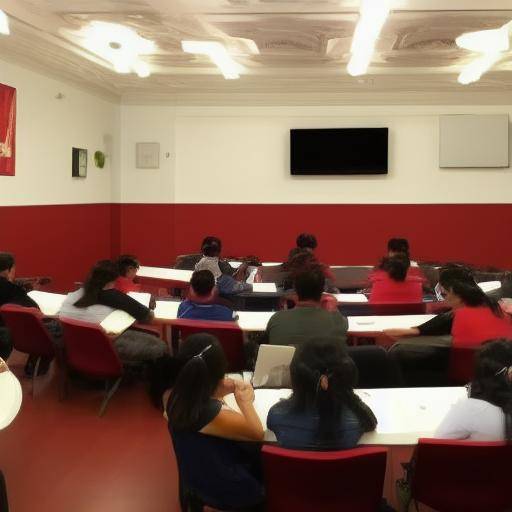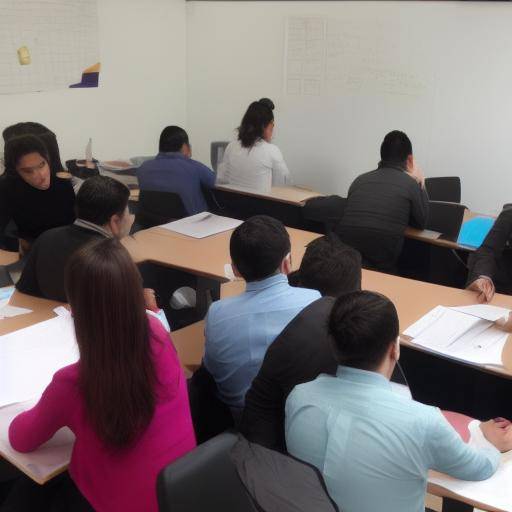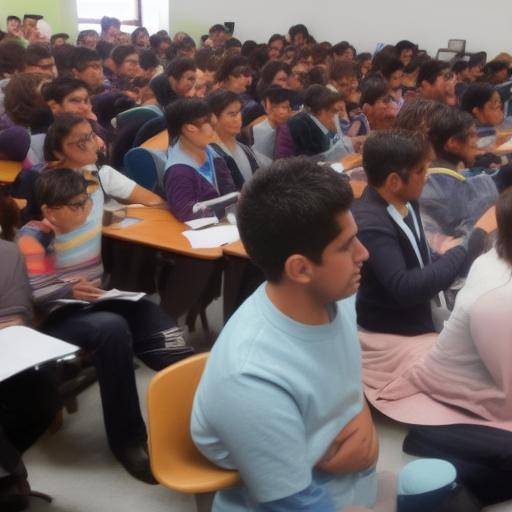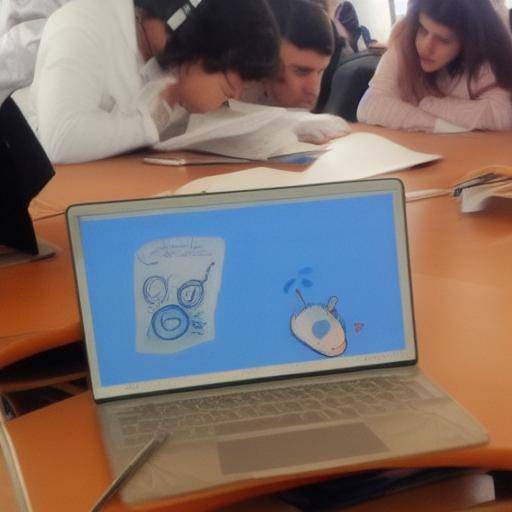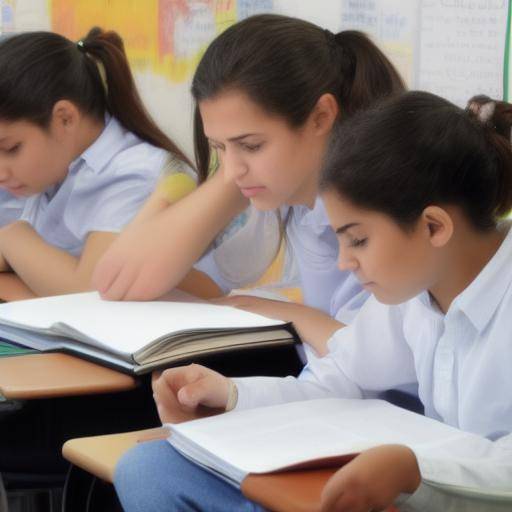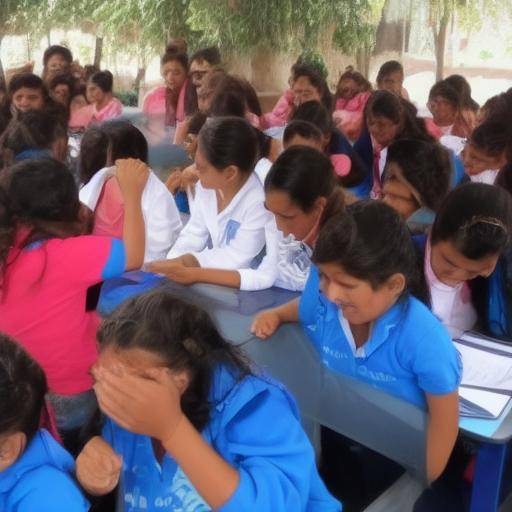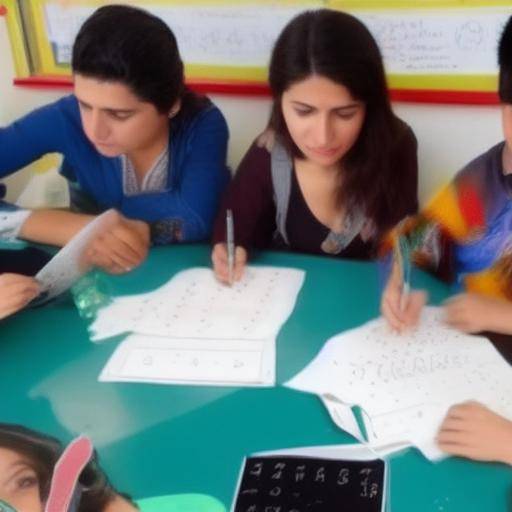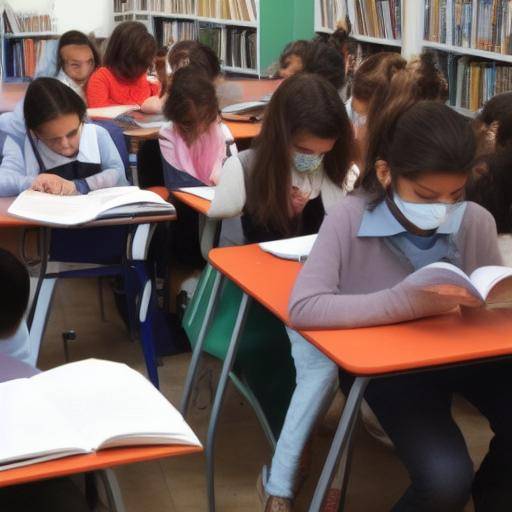
Introduction
In the school context, the promotion of respect in discussions and discussions is crucial to cultivating an environment in which diversity of views is valued and mutual understanding promoted. This article will provide effective strategies for students to learn to express their views respectfully and to actively listen to their peers. We will explore the importance of these skills in the comprehensive training of students and how these strategies can positively impact their personal and academic development.
History and Background
Respect in school discussions and debates has deep roots in the history of education. Since ancient times, rhetoric and argumentation have been fundamental pillars in the formation of individuals prepared to participate in civic and political life. In civilizations such as Greek and Roman, the ability to debate with respect was considered essential to citizenship. These skills continued to evolve throughout history, influencing contemporary education and current pedagogical practices.
Case Study: The Importance of Respect in Ancient Greece
In Ancient Greece, respect in discussions and debates was considered essential for the formation of citizens with argumentation skills, logical reasoning and respectful expression of divergent views. A dialectical approach based on mutual respect was promoted, which laid the foundation for modern pedagogical practices in school discussions.
Analysis in Deep
Promoting respect in school discussions and debates entails a number of significant benefits for students. By learning to express ideas respectfully and to listen with empathy, students improve their communicative skills, strengthen their capacity for conflict resolution and foster a climate of positive coexistence in the school environment. In addition, mutual respect in discussions prepares students to face challenging situations in the academic and labour sphere.
Statistic: According to recent studies, 85% of students show that a culture of respect in school discussions and debates favors their learning and personal development.
Comprehensive review
Strategies to promote respect in school discussions and debates can be applied in various curricular areas and in both formal and informal learning contexts. It is essential to consider the diversity of student learning skills and styles in designing these strategies. It is also crucial to integrate these practices into the school curriculum in a cross-cutting manner, allowing respect to be a fundamental value in all learning activities.
Best Practice: Promote respect through reflective dialogue
Reflective dialogue is an effective strategy to promote respect in school discussions and discussions. Students are invited to express their views by reflecting on the impact of their words on others, which promotes empathy and mutual respect.
Comparative analysis
In implementing strategies to promote respect in school discussions and debates, it is crucial to compare different approaches and assess their effectiveness. It is important to recognize the similarities and differences between these strategies to design a comprehensive approach that meets the specific needs of each group of students.
Scenario: In a debate on controversial issues, such as climate change, strategies that promote respect for diverse opinions can be employed, fostering a critical and respectful analysis of the arguments presented.
Practical Tips and Accessible Guidance
By implementing strategies to promote respect in school discussions and debates, it is essential to provide students with clear guidelines and concrete examples. Here are some practical tips for achieving this goal:
- Listen Activate: Teaching students to listen carefully to their peers' views before formulating their own answers. This promotes respect for the ideas of others and fosters constructive dialogue.
- Discussion rules: Establish clear rules that promote mutual respect, such as not interrupting, avoiding offensive expressions and treating others with courtesy during the debates.
- Success examples: Share examples of discussions or discussions where mutual respect has been demonstrated, highlighting the benefits that arise when these strategies are applied.
Industry Information and Expert Reviews
It is important to consider the perspectives of experts in education and psychology to enrich strategies to promote respect in school discussions and debates. The experience and knowledge of these professionals provide a broader and informed vision, allowing the proposed strategies to have a more significant impact.
Expert Insight: The educational psychologist Maria Gomez highlights the importance of promoting respect in school debate and discussion environments as a fundamental pillar for the development of social and emotional skills in students.
Case Studies and Practical Applications
Case studies and practical applications provide concrete examples of how strategies to promote respect in school discussions and debates translate into tangible results. Reviewing real cases provides a deeper understanding of the effectiveness of these strategies and how they impact the development of students.
Case Study: The implementation of strategies to promote respect in school discussions and debates in a primary school led to a significant decline in student conflicts and an improvement in school coexistence.
Future Trends and Predictions
The educational context is constantly evolving, and it is crucial to anticipate future trends in promoting respect in school discussions and discussions. Predictions on how these strategies will be integrated into the education of the future offer a vision of the transformations to come.
Future Trend: Respect-building strategies in school discussions and discussions are expected to be even more relevant in inclusive educational environments, where diversity of views and perspectives is valued as a key asset for student learning and training.
Conclusion
Promoting respect in school discussions and debates is a fundamental practice that contributes to the integral development of students. The implementation of effective strategies not only promotes a climate of positive coexistence in the school environment, but also prepares students to participate constructively in society. By cultivating mutual respect and the ability to express opinions in a respectful manner, the basis for active and committed citizenship is laid.
Frequently asked questions
Why is it important to encourage respect in school discussions and debates?
The promotion of respect in school discussions and debates is essential because it promotes an environment of positive coexistence, strengthens communicative skills and prepares students for life in society.
How can I teach my students to express opinions respectfully during the debates?
An effective strategy is to promote empathy and active listening, encouraging students to consider the impact of their words on others and to express their ideas politely and respectfully.
What impact can the promotion of respect have on school discussions and debates in the school environment?
The promotion of respect in school discussions and debates can generate a more harmonious school climate, reducing conflicts and promoting collaboration among students, which contributes to an enabling environment for learning.
How can I effectively address the issue of respect in the school context?
It is essential to establish clear rules that promote mutual respect, provide concrete examples of situations in which respect is demonstrated and to promote reflective dialogue on the importance of respect for school coexistence.
What role do teachers play in promoting respect in school discussions and debates?
Teachers play a key role in modeling respectful behaviour, establishing clear rules and facilitating constructive dialogue among students, providing guidance and support in implementing strategies to promote respect.
How can I assess the effectiveness of respect-building strategies in school discussions and discussions?
It is important to monitor the interaction between students during the debates, observe compliance with established standards, collect feedback from students themselves and evaluate the impact on school coexistence.
What is the role of parents in promoting respect in school discussions and debates?
Parents can support the promotion of respect by promoting the practice of respectful communicative skills at home, encouraging the constructive participation of their children in family discussions and working with teachers to promote an inclusive and respectful school environment.
How can I encourage respect in debates on controversial issues?
It is essential to establish specific guidelines for the respectful debate of controversial issues, promoting active listening, using grounded arguments and considering different views with respect and empathy.
By promoting respect in school discussions and debates, a culture of harmonious coexistence is fostered and fundamental skills are cultivated for citizen participation in a diverse and complex world. The implementation of effective strategies to promote respect in the school context contributes significantly to the comprehensive development of students and lays the foundation for future generations of citizens committed to respect, tolerance and mutual understanding. Let us continue to work together for a future in which respect is the basis of our interactions and debates!

